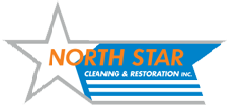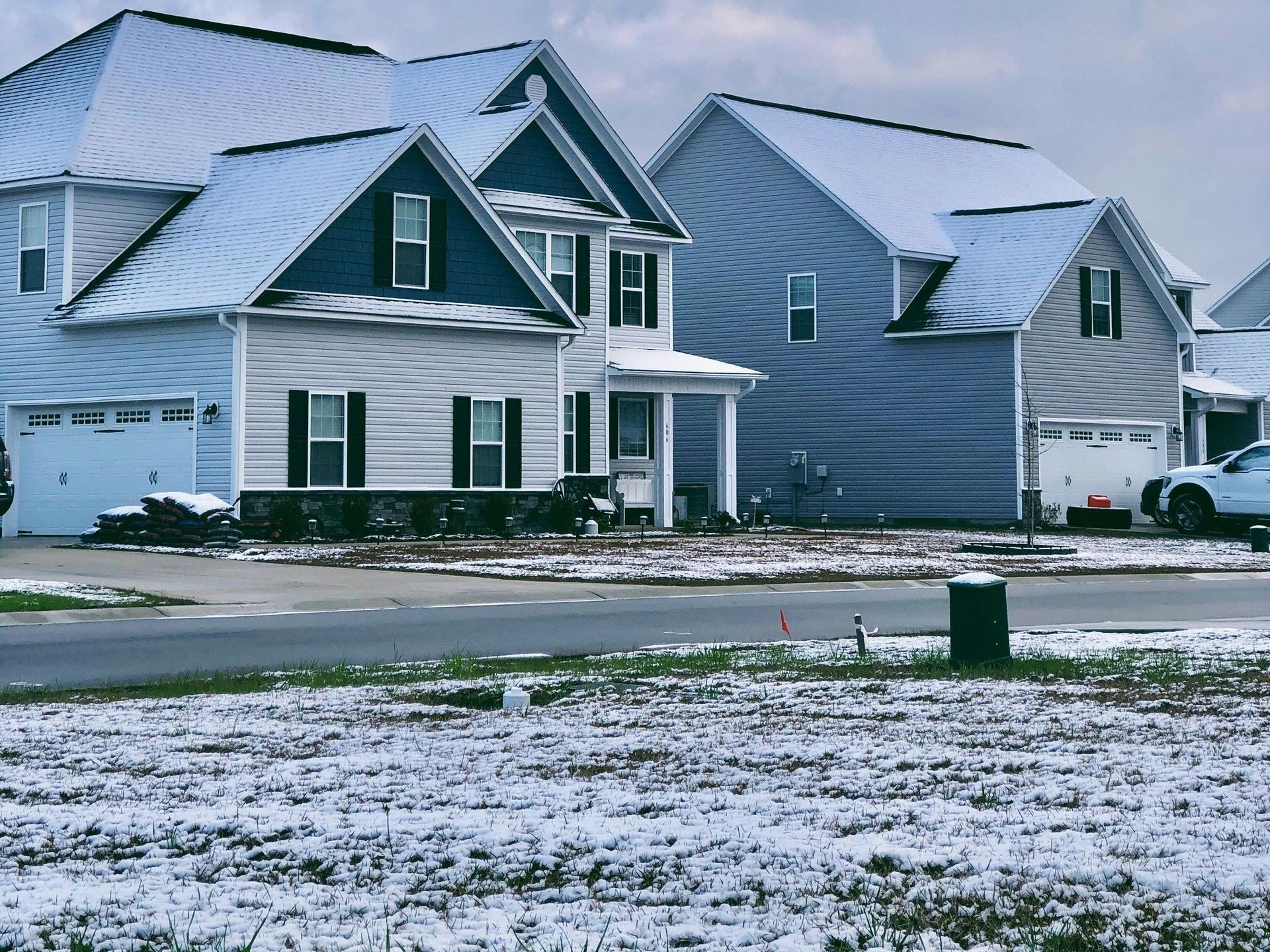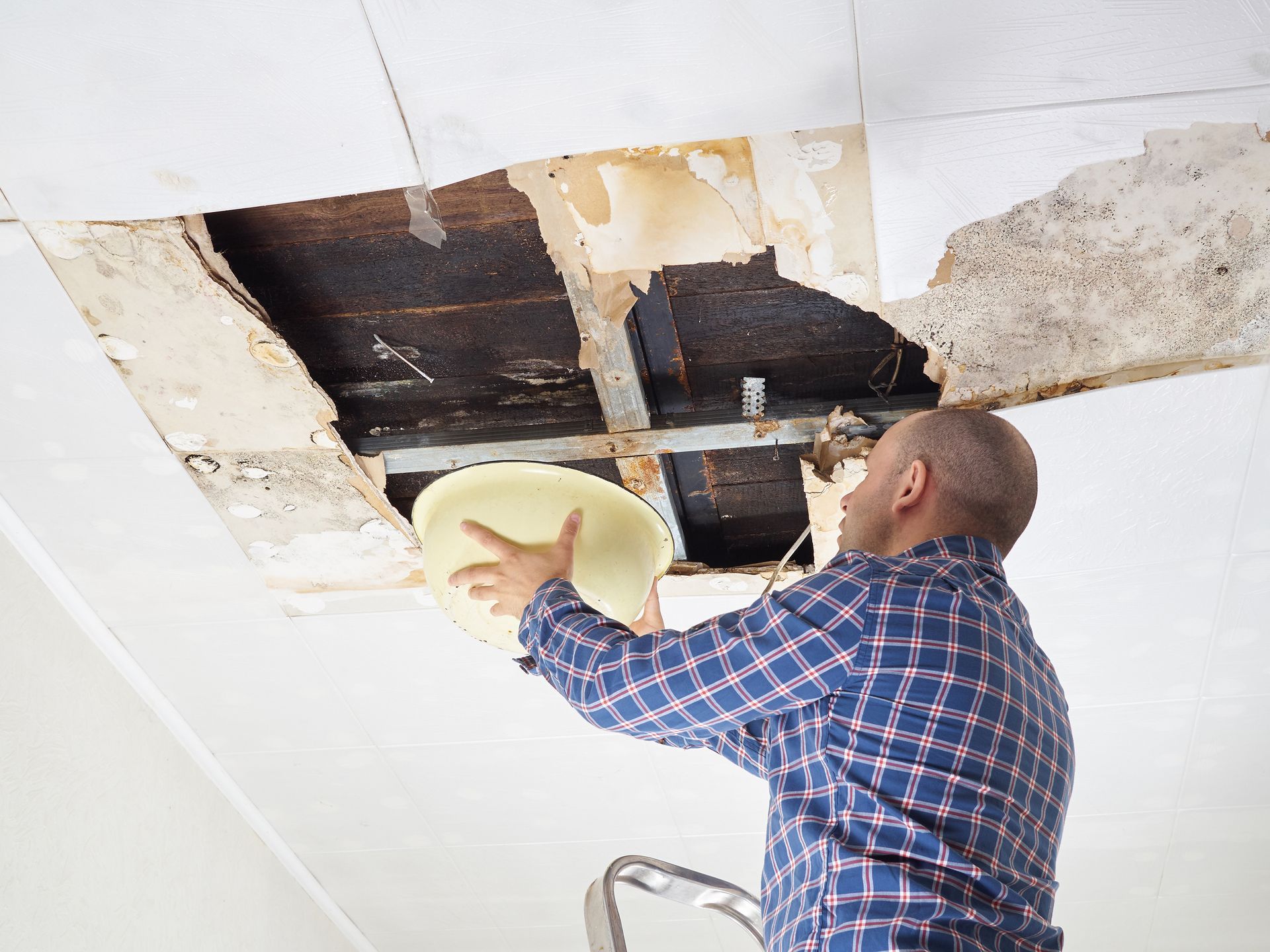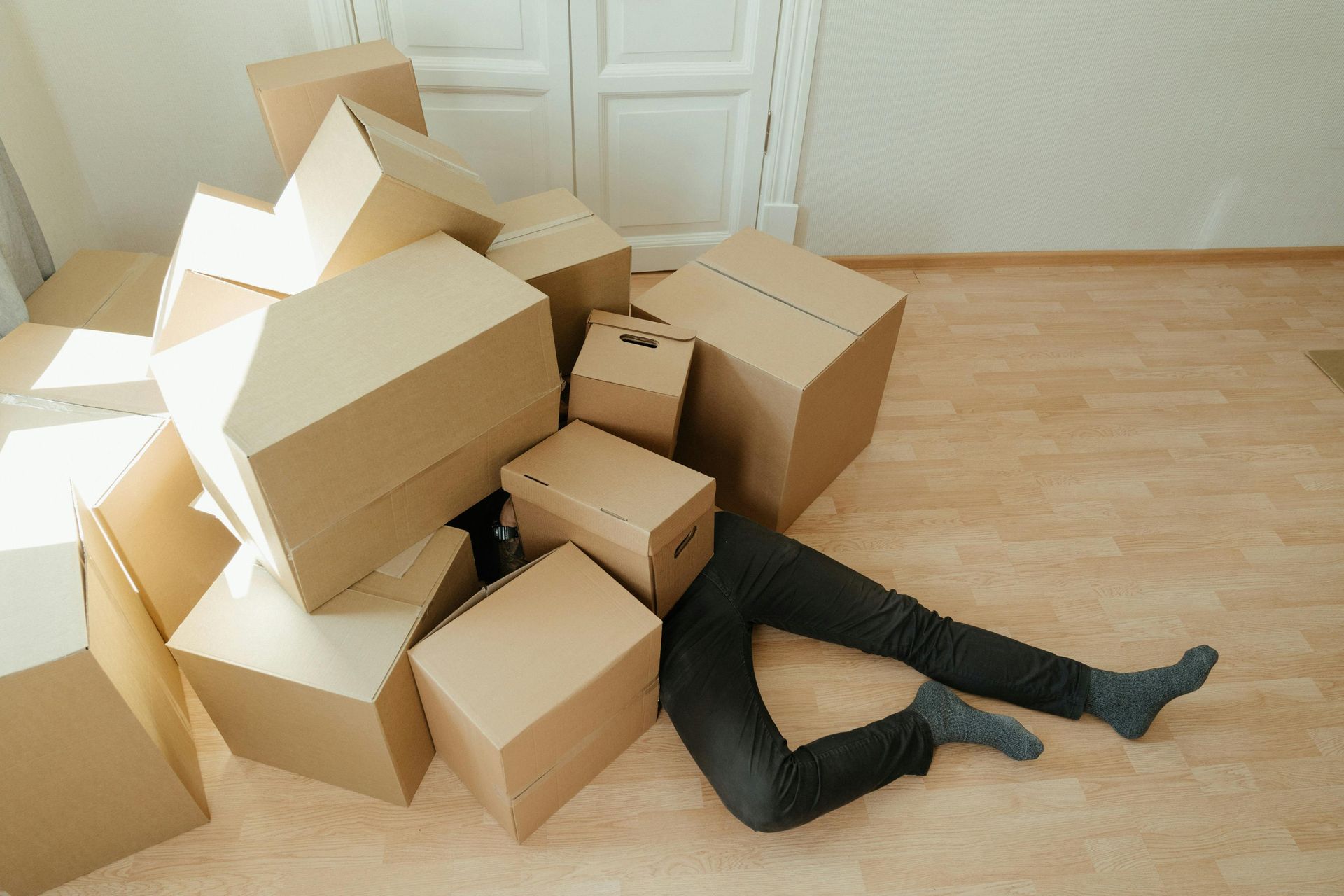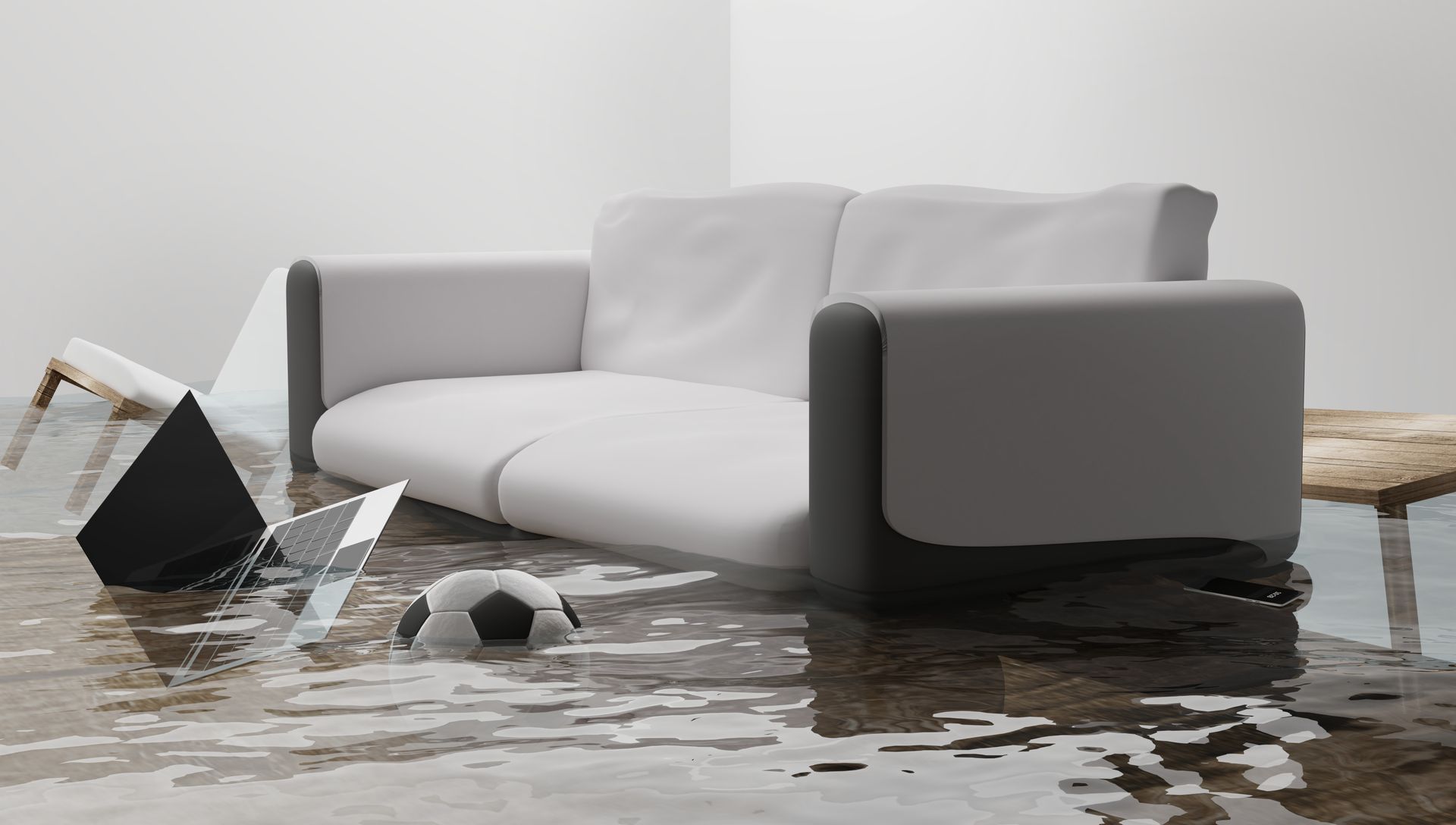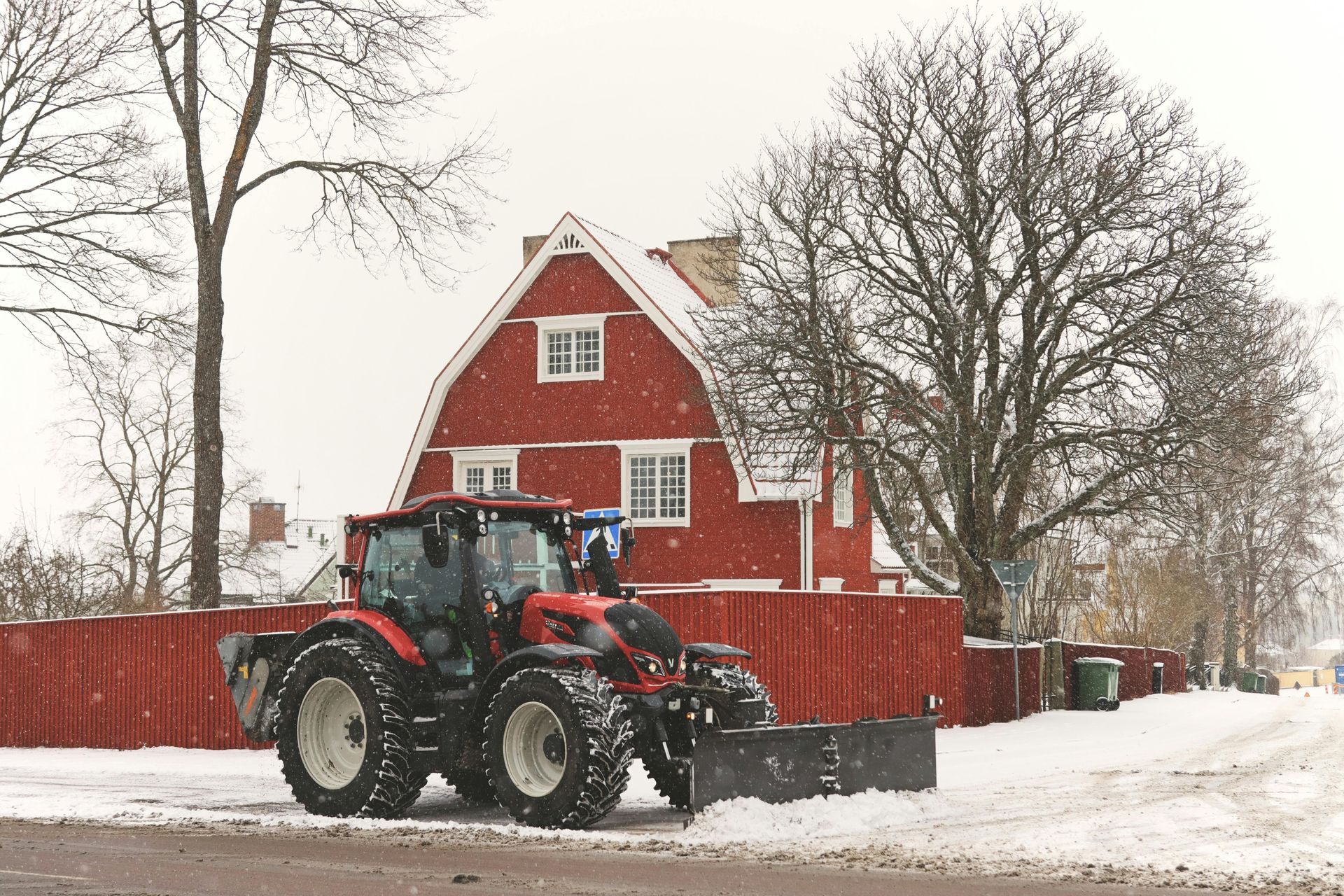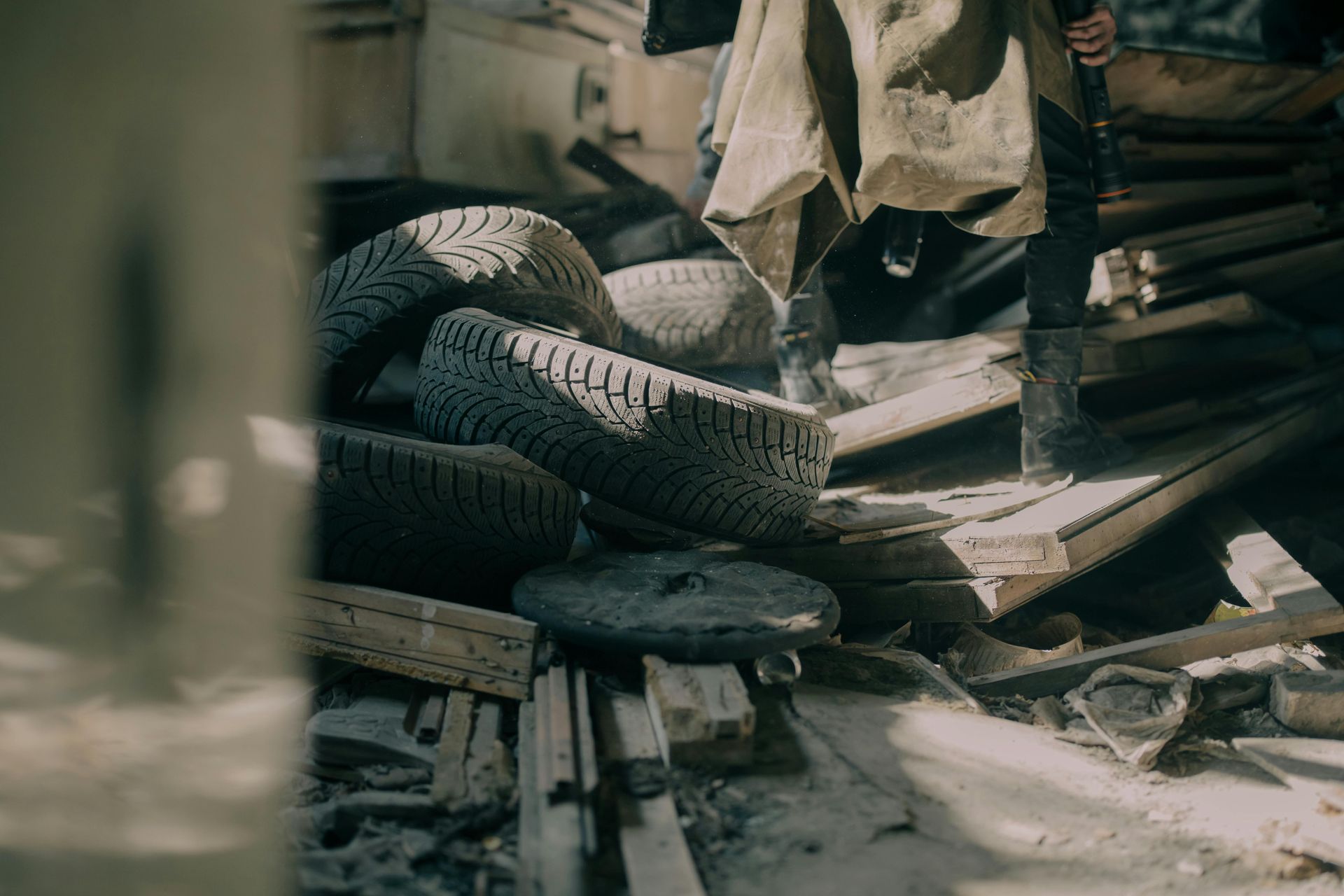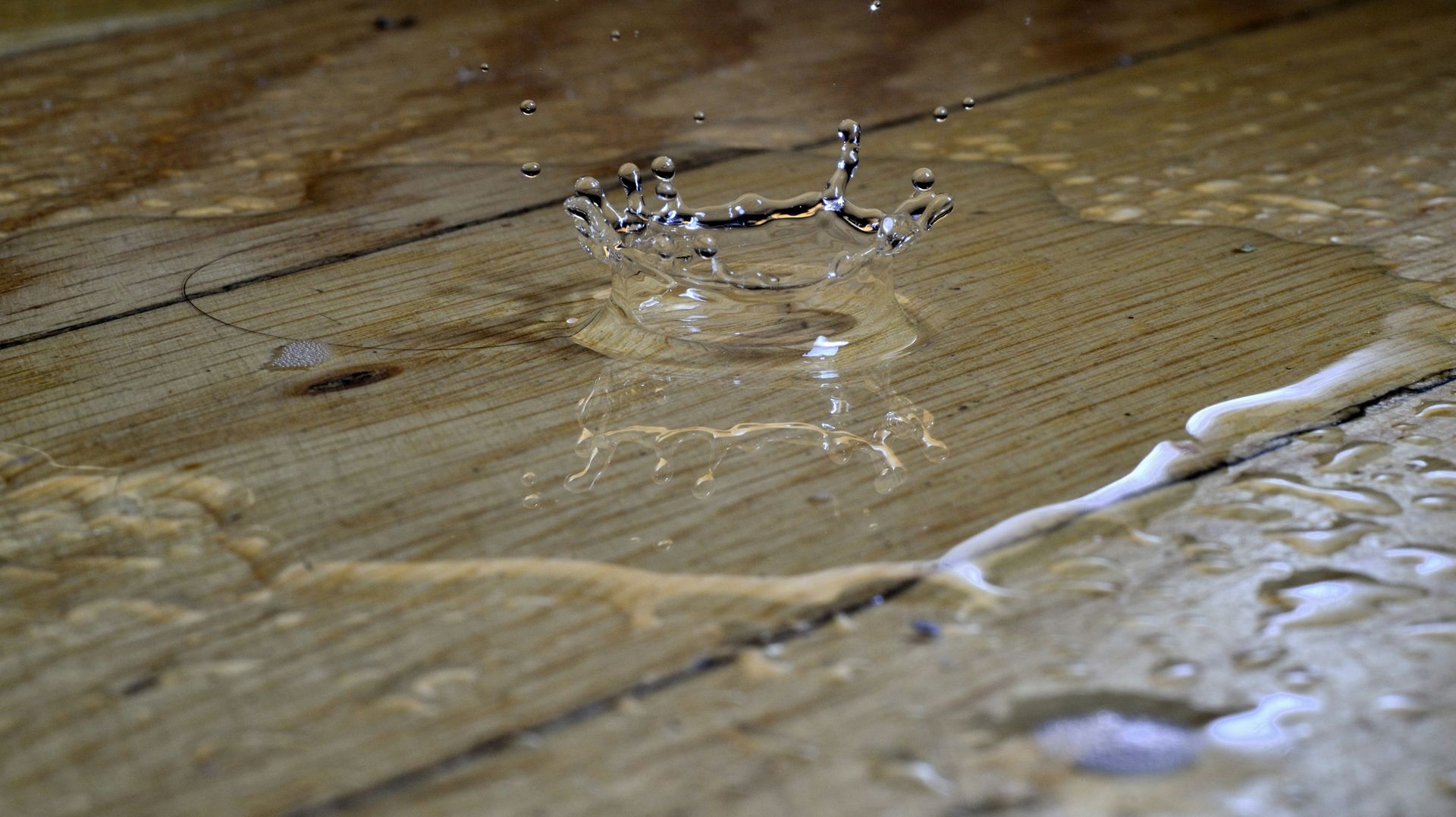North Star Cleaning & Restoration Inc.
Can I Use Salt to Melt Snow on My Driveway?
Winter is coming, and with it, the age-old question:
Can I use salt to melt snow on my driveway? If you live in an area that sees more snow than sunshine (hello, Saskatoon!), you’ve likely faced the back-breaking task of shoveling your driveway or considered shortcuts like salt to speed up the process. While tossing salt around might seem like the easiest way to deal with that stubborn ice, there’s more to it than meets the eye. Let’s dive into the world of driveway salting, the pros and cons, and how to do it safely and effectively. Spoiler alert: There's a smart way to use salt, and it’s not just about dumping it in massive quantities!
Is Salt Really Effective for Melting Snow?
Salt works like magic on ice—until it doesn’t. The science behind it is simple: salt lowers the freezing point of water, causing ice to melt even when the temperature is below freezing. This process is called "freezing point depression." But here's the catch: salt becomes less effective when temperatures dip below -9°C (15°F). So, if you're dealing with those classic Saskatoon bone-chilling temps, you might want to rethink your salt strategy.
Why does salt work?
- Freezing point reduction: Salt lowers the temperature at which water freezes, turning that solid ice into slushy, manageable water.
- Melting in layers: Salt breaks the bond between ice and pavement, which makes shoveling easier.
However, relying solely on salt for snow removal might not always be the best choice.
Limitations of salt:
- Temperature dependency: Below -9°C, the effectiveness of salt decreases dramatically. So, if it’s Arctic-cold, you might just end up with salty ice.
- Surface damage risk: Salt can be tough on your driveway, especially if it's made of concrete or pavers. It can lead to cracks and scaling over time.
- Environmental impact: Excessive salt can harm your lawn, nearby plants, and even the environment as runoff makes its way into local waterways.
So, while salt can be an effective tool in moderate winter conditions, it’s essential to know when it’s going to help—and when it’s not. Otherwise, you might find yourself stuck with an icy driveway
and some extra repairs to boot!
How to Use Salt Safely and Effectively
Before you grab that big bag of salt, remember that a little planning can go a long way toward achieving a clear driveway without damaging your property or the environment. Salt, when used correctly, can be a helpful tool, but misuse can lead to expensive consequences.
Here are some key tips to make salt work in your favor:
- Apply before the storm: Think of salt as a preventative measure, not a cure. Spreading a thin layer of salt on your driveway before a snowstorm gives it a head start, making snow and ice easier to manage.
- Don’t overdo it: You don’t need to blanket your driveway in salt like you're seasoning a massive winter BBQ. A little goes a long way. About a handful per square yard is typically enough to break the ice.
- Combine with sand or gravel: In extremely cold weather, salt’s effectiveness decreases. In these cases, mixing salt with sand or gravel can help by adding traction to your driveway, even if the ice doesn’t fully melt.
- Use pet-friendly options: Traditional rock salt can harm pets’ paws and cause irritation. Consider using pet-friendly alternatives made from calcium chloride or magnesium chloride, which are gentler on paws, driveways, and the environment.
- Shovel first, salt second: Remove as much snow as possible by shoveling before applying salt. This ensures the salt is working directly on the ice rather than being diluted by layers of snow.
By following these tips, you can get the best performance out of salt without causing unnecessary harm to your driveway or the surrounding environment. After all, a clear driveway shouldn’t come at the cost of cracked concrete or a dead lawn.
Alternatives to Salt for Snow Removal
Let’s say you're not keen on salt because you’re worried about environmental damage, or maybe your driveway is starting to show signs of wear and tear. What are your options? Don’t worry—there are several alternatives to using salt that can still get the job done without the drawbacks.
1. Sand or Kitty Litter:
- Sand doesn’t melt ice, but it provides traction, which can be crucial when temperatures drop too low for salt to work. Plus, it's safe for your pets and won't damage your driveway.
- Kitty litter serves a similar purpose. Just sprinkle it on icy patches for better grip, though be prepared for a bit of a mess once everything melts!
2. Heated Driveways:
- This might seem a little futuristic, but installing a heated driveway is a long-term solution to snow and ice problems. No salt, no shovels—just a warm driveway all winter long. The downside? It’s an expensive install, but if you're building new or looking to invest, it could be worth it.
3. Snow-Melting Mats:
- These electric mats can be rolled out across your driveway or walkways. They plug in and heat up, melting snow and ice without the need for chemicals or salt. A great eco-friendly option, although you'll see an increase in your electricity bill.
4. Calcium Chloride:
- More effective at lower temperatures than sodium chloride (traditional salt), calcium chloride is a better choice for extremely cold environments. It’s still corrosive, but less so than rock salt, and it works down to -25°C.
5. Eco-Friendly Snow Melt Products:
- Many products on the market are specifically designed to be less harmful to plants, animals, and driveways. Look for those labeled as environmentally safe if you're concerned about runoff damaging your garden or local waterways.
Choosing an alternative to salt could save you from costly repairs in the future while also being kinder to the environment.
The Downside of Using Salt on Concrete
Concrete driveways and salt do not make for a happy couple. Over time, using salt on your driveway can cause it to crack, pit, and deteriorate. If you’ve invested in a beautiful concrete driveway, the last thing you want to do is damage it with repeated salting.
How does salt damage concrete?
- Freeze-thaw cycles: Salt can accelerate freeze-thaw cycles, causing the concrete to expand and contract repeatedly. This eventually leads to cracks.
- Scaling: Over time, salt can cause the surface of the concrete to flake or peel, a process known as scaling.
- Rebar corrosion: In reinforced concrete, salt can cause the steel rebar to corrode, weakening the entire structure.
Ways to protect your concrete:
- Use less salt and opt for alternatives when possible.
- Seal your driveway annually with a protective coating designed for winter conditions.
- Avoid using salt in the first year after a new concrete installation, as fresh concrete is particularly vulnerable to damage.
In short, while salt might help clear your driveway in the short term, overusing it can lead to long-term headaches and costly repairs.
Call North Star Cleaning & Restoration Inc. for Professional Snow Removal in Saskatoon, SK
If you're battling snow and ice all winter long, why not leave the heavy lifting to the pros? At North Star Cleaning & Restoration Inc., we offer professional snow removal services throughout Saskatoon, SK, and the surrounding areas. Our experienced team uses top-notch equipment and proven techniques to keep your driveway clear without damaging your property.
When you choose us, you’re not just hiring a snow removal service—you’re choosing a company that cares about your safety and the longevity of your home. Call us today at (306) 374-7827 for fast, reliable snow removal that will help you enjoy winter without the hassle.
Other Services We Offer:
In addition to snow removal, we also provide the following services to keep your home in tip-top shape year-round:
